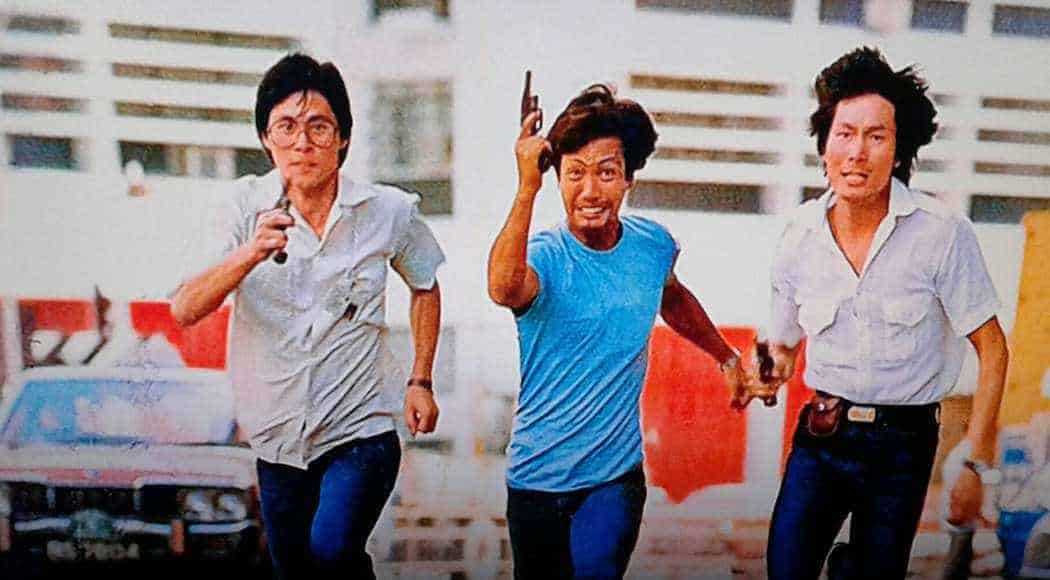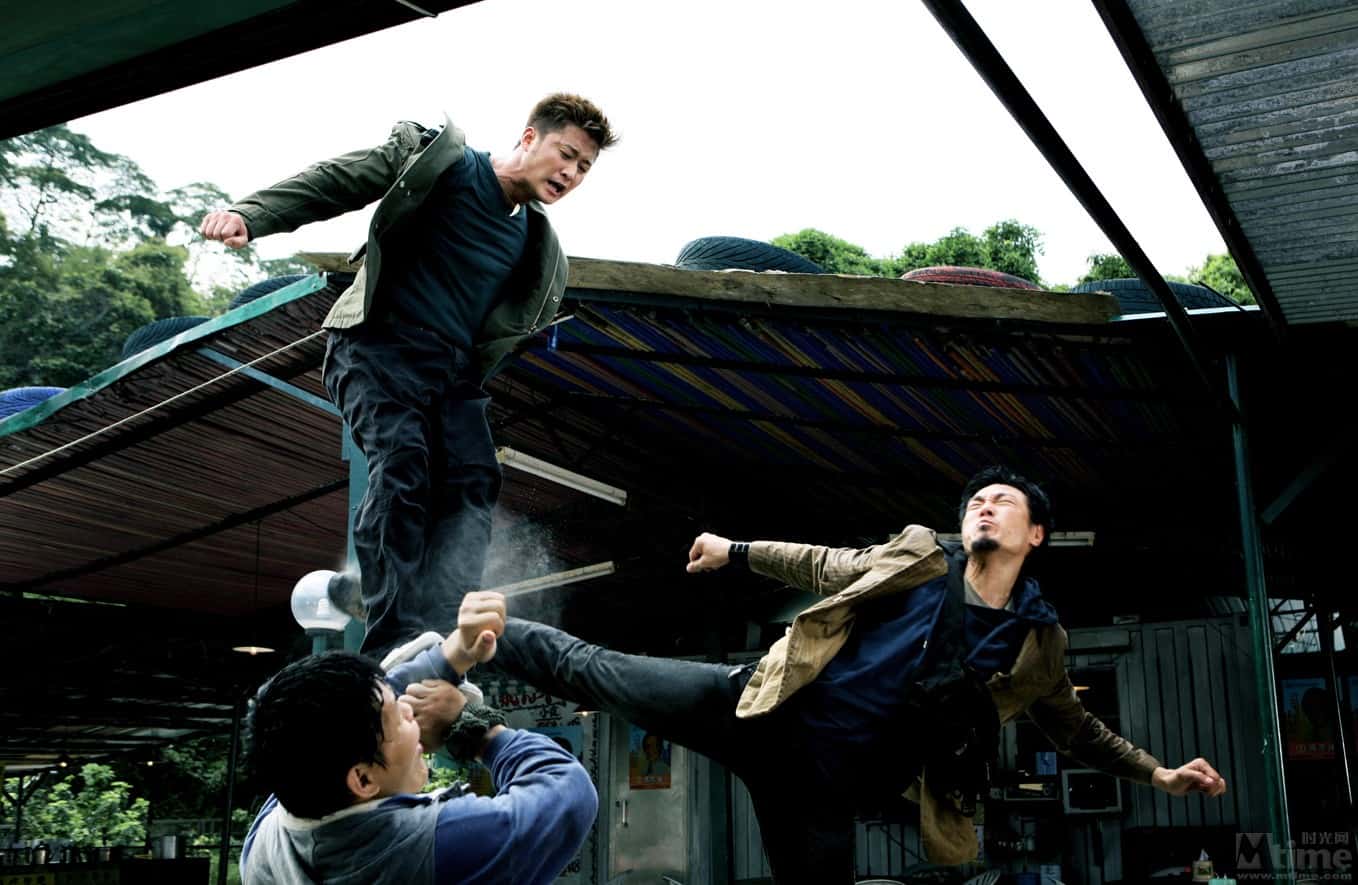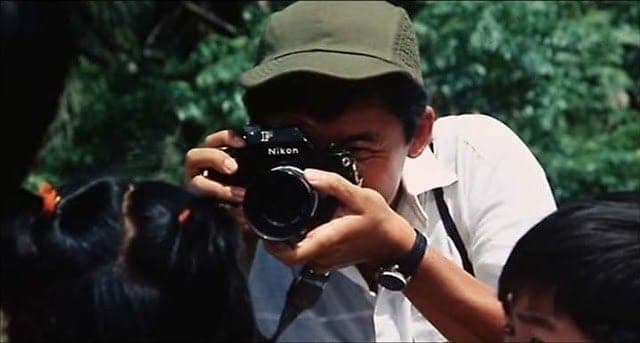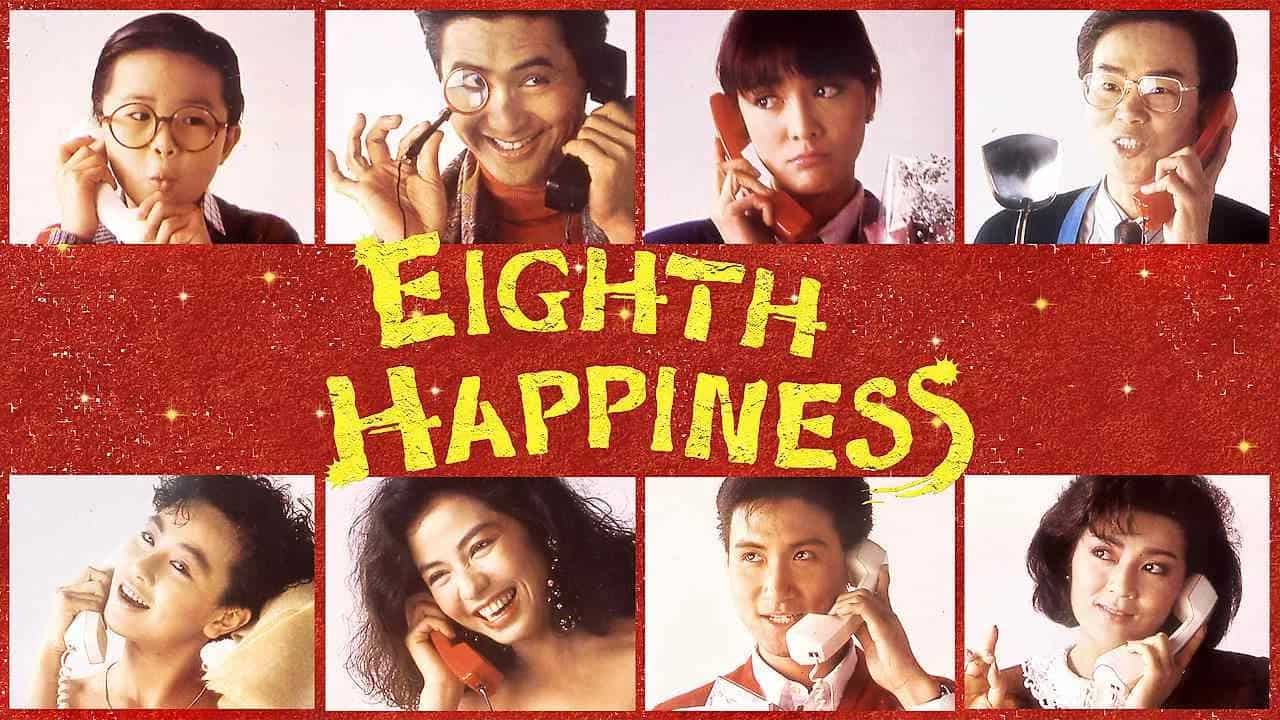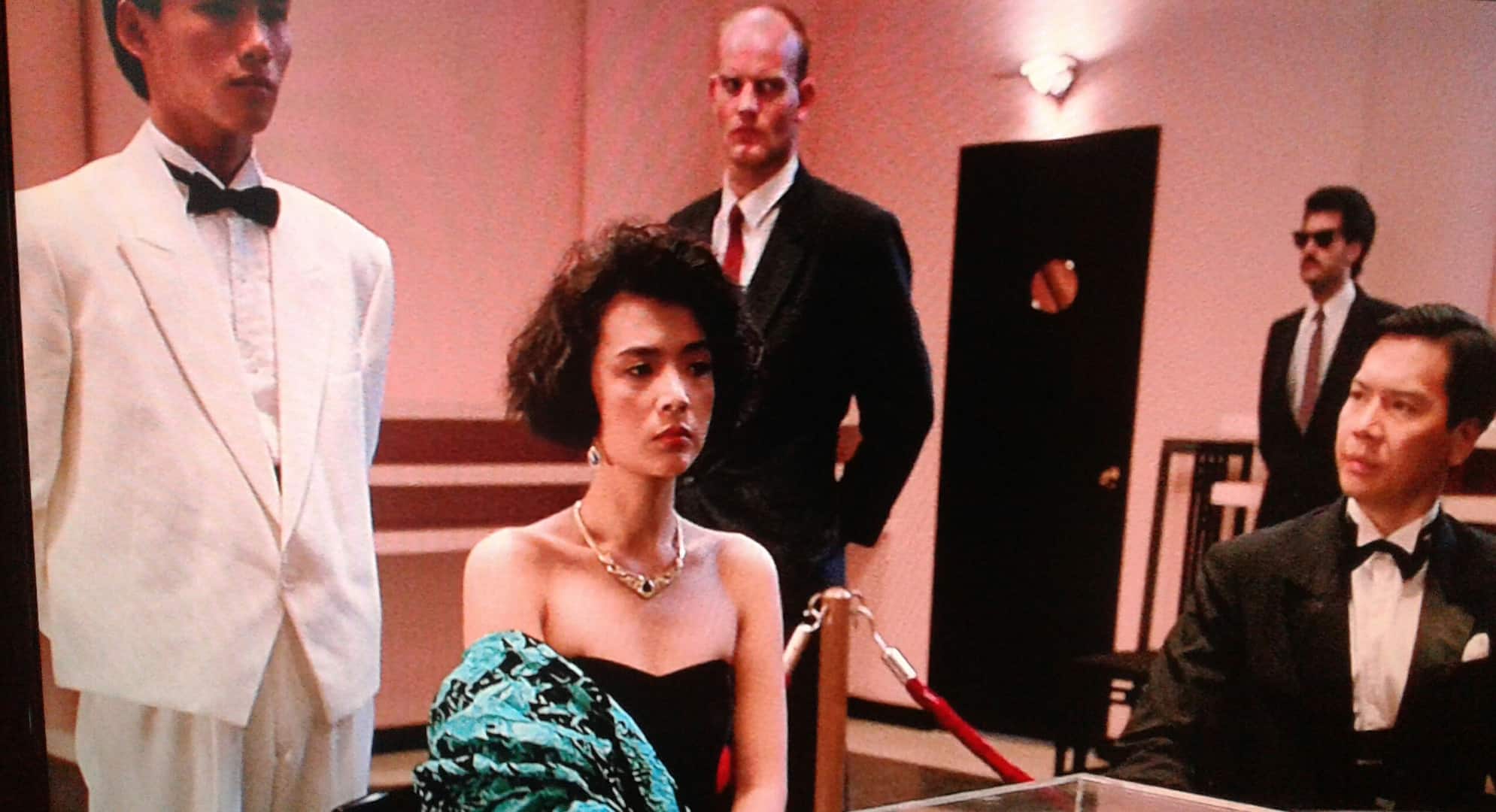The housing issues in post-handover Hong Kong has been a recurring theme in HK movies recently, as we witnessed in films like “Mad World”, which uses it as a base to present a number of social comments. New writers-directors Stephen Ng Hon-Pong and Nero Ng Siu-lun use the issue in similar fashion, although in a completely different approach, which lingers somewhere between the parody and the slapstick comedy.
The Sinking City: Capsule Odyssey is screening at Art Film Fest Kosice

The script, which is based on the homonymous novel by internet author XXharuki, revolves around Hin, a very beautiful young man, who seems to have it all: education, money, a gorgeous girlfriend and the ability to persuade. His true situation, however, is quite different, since the exuberant amounts he has to spend for the apartment he rents has led him up to his neck with debts. In order to manage to raise money, he lies to his girlfriend about moving to New York for a few months for his company, but in reality he moves to a one-room apartment subdivided into capsules, where he begins sharing with Shing, the mentally unstable landlord, Sui Cheung, a former robber and convict who tries to become an actor, a deluded gangster named Fung, and Ming, a lorry driver who desperately tries to find a place to have sex with his obese girlfriend. The five of them eventually deal with their problems together, as all hell breaks loose around them.
Nero Ng and Stephen Ng direct a film, which, after an impressive intro, comes crushing almost immediately to the spectator with its rather intense style. The pace is extremely fast, the events that take place completely illogical, and the acting hyperbolic to the point of parody. This combination works quite well as it offers much laughter, although at some times, the jokes and the episodes take over the narrative, to the point that it becomes a bit difficult to follow what is happening.

However, underneath this slapstick and occasionally even crude style, one can easily find rather point comments that deal with the movie industry, crime and the way the police functions, (un)employment, and friendship and love, among others. The most important comment though, deals with the difficulties of living in Hong Kong, both financially and socially, with both issues deriving from the housing problems and particularly the fact that the prices have skyrocketed to the point than owning an apartment is considered the ultimate goal in one's life, even among the “middle class.”
In that fashion, and as the fact that there is very little space in Hong Kong due to overpopulation is highlighted repeatedly, I could not avoid thinking that the film is addressed, chiefly, towards the people living there, with a number of very “indigenous” jokes also pointing towards this direction. This, however, does not mean that one has to be a Hongkonger in order to appreciate the humor of the movie, since the majority of jokes are not restrained to local circumstances (the ones involving martial arts for example).

The cinematography by Nathan Wong works quite well in presenting the various settings in the film, with the contrast between the environments Hin used to live and the one he leaves now being quite eloquently portrayed. Alan Cheng had a very difficult job editing, in order to retain the occasionally frantic pace, but he succeeded to the fullest, as the editing in the movie actually dictates its overall aesthetics.
The acting follows the same, extreme style of the story. Pak-ho Chau plays the gorgeous but distressed young man convincingly while Babyjohn Choi is great in the role of the naive “criminal.” The ones who steal the show though, are Andrew Man-Chung Lam as Shing, with his almost constant incoherence and a “Dude” (from “The Big Lebowski”) attitude, and Shing-Bun Lam as Sui Cheung, who manages to spend a whole film acting in absurd fashion, with his physique helping him much in that aspect.
“The Sinking City: Capsule Odyssey” is an experience that one has to succumb to, and abandon every sense of logic, in order to truly appreciate its slapstick and nonsensical nature. The fact, though, that the directors manage to include so many socioeconomical comments in this setting, is a feat by itself.



